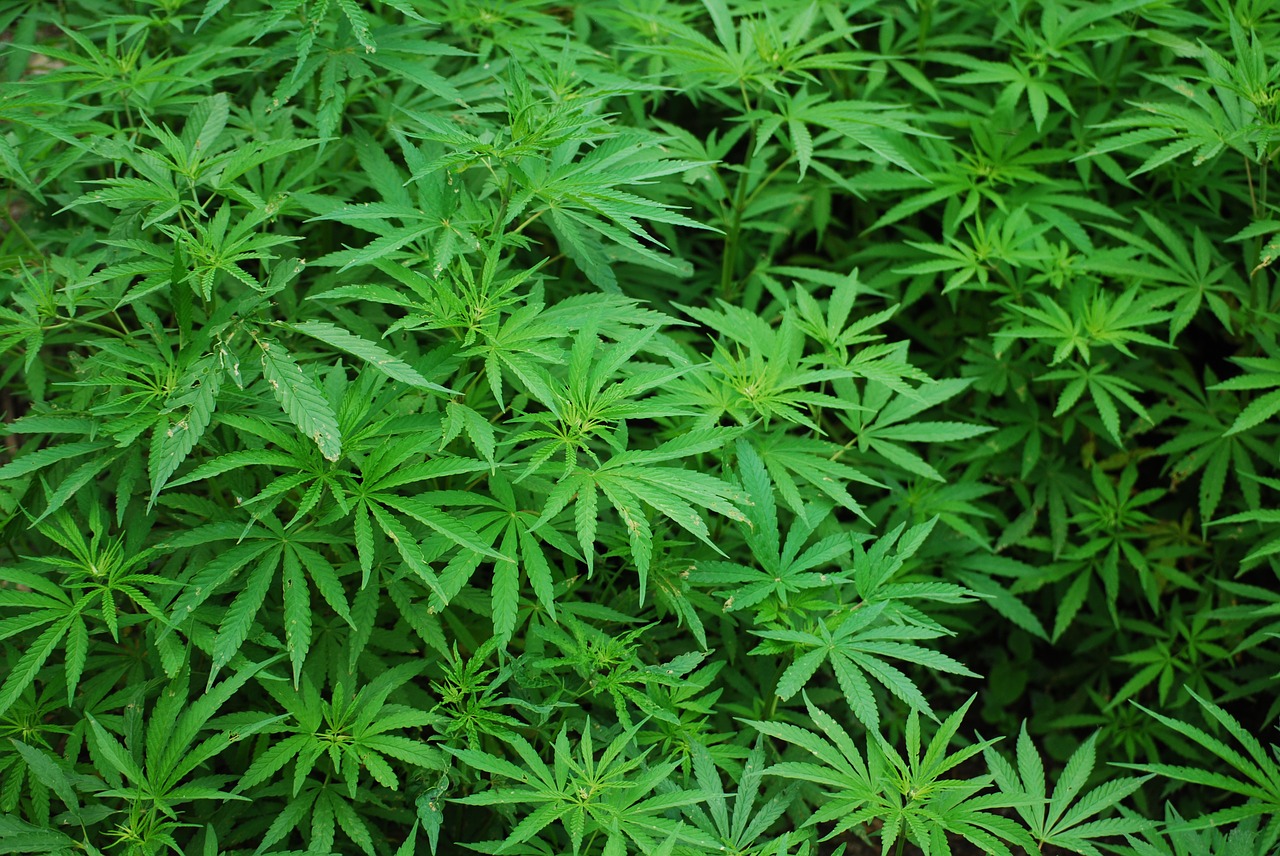Why Does the Thought of Never Smoking Marijuana Again Make Me So Sad

Anxiety and Depression after Quitting Weed
As you may know, many people believe marijuana to be a perfectly harmless substance. Although some people may smoke marijuana without consequence, there are many people who struggle with an addiction to the drug. A 2007 study found that marijuana use caused increased sensitivity to anxiety in young adults, while other studies have found adverse effects from regular marijuana use such as developing addiction, impaired brain development in adolescent years, an increased risk of developing mental health disorders like anxiety, depression, or schizophrenia, and chronic lung disease.
This isn't to say that every person who has tried marijuana once is likely to experience these symptoms. However, if you smoke marijuana regularly, there are some side effects you may experience. Contrary to how we thought about it a decade ago, you can indeed become addicted to marijuana. One study found that about nine percent of marijuana users will become addicted at some point in their lives. When we become addicted, it can be difficult to quit as we're faced with withdrawal symptoms upon cessation.
Marijuana Withdrawal – Can Quitting Marijuana Cause Depression or Anxiety?
Depression after quitting weed is more common than many people realize. We think of marijuana as being relatively safe or not physically addictive, but the truth is that we may experience real withdrawal symptoms upon quitting. We may think of marijuana as being only psychologically addictive, but let's take a look at what is actually going on.
First, any "physical addiction" effects the brain. The reason that opioids or benzodiazepines are physically addictive is because the brain responds to the drug and it effects the way we physically feel. Marijuana use effects the brain, and the way we physically feel. Specifically, smoking marijuana effects the brain's uptake of serotonin and dopamine. Serotonin effects mood and creates feelings of happiness. Dopamine is the neurotransmitter responsible for our feelings of pleasure.
When you are smoking weed, your brain is flooded with serotonin and dopamine. When you stop smoking, the levels come crashing down and your brain is accustomed to having elevated levels. This creates the depression you may feel after quitting marijuana.
The separation between physical and psychological addiction is often that a physical addiction has an addictive substance and causes physical withdrawal symptoms. Marijuana is not seen as "addictive" in the same way nicotine or heroin is. However, when you stop smoking pot, you're likely to experience physical symptoms of withdrawal. The differentiation between physical and mental addiction is really overstated, and you can indeed experience physical withdrawal symptoms from marijuana use.
How Long Does it Take for Depression to Go Away After Quitting Marijuana?
Some people experience depression for months after quitting weed, while others experience it for a day or two. You may experience it as a feeling of discontentment, sadness, or lack of motivation to do anything. The reason this happens is that the brain is accustomed to having heightened serotonin and dopamine levels. When you quit smoking, the levels plummet and your brain has a harder time producing them by itself.
This can result in the experience of not being able to enjoy things that were once pleasurable. Whether it's exercise, social engagement, sexual activity, or other dopamine-producing activities, we may have a hard time getting the joy we want. The brain is recuperating from a dopamine and serotonin depletion, so it won't produce the same "highs" that we are looking for.
How Long Does Anxiety Last After Quitting Smoking?
Anxiety is another common side effect of quitting smoking marijuana. Much like the issue with depression, this is because of the way marijuana interacts with the human brain. As marijuana has some anxiolytic effects, the removal of the drug causes the brain to go back to normal. This results in some heightened sensitivity to anxiety.
This may last for a period of a few days or a few months. Essentially, we have to allow the brain time to return to normal production of the neurotransmitters. Like any substance that gets you "high," marijuana use effects the brain. When you stop using, the brain takes some time to adjust.
Help for Marijuana Addiction and Withdrawal
Although we may think of rehabs as being for those struggling with addictions to meth or heroin, people do go to rehab for marijuana addiction. Quitting on your own can be quite difficult, especially when faced with depression, anxiety, and other unpleasant symptoms of withdrawal. During this period of withdrawal, many people return to smoking weed in order to ease the discomfort.
Addiction treatment for marijuana starts with some aid in the withdrawal process. With professional help, we can get the drug out of our systems with minimal discomfort. After the drug has cleared our system, we may begin investigating our relationship to the drug and how we can live without it. Through various therapeutic models, relapse prevention, social support, and psychoeducation, individuals who seek treatment for marijuana use have much higher rates of success in their recovery.
conversemilethave.blogspot.com
Source: https://crownviewci.com/anxiety-and-depression-after-quitting-marijuana/
0 Response to "Why Does the Thought of Never Smoking Marijuana Again Make Me So Sad"
Post a Comment